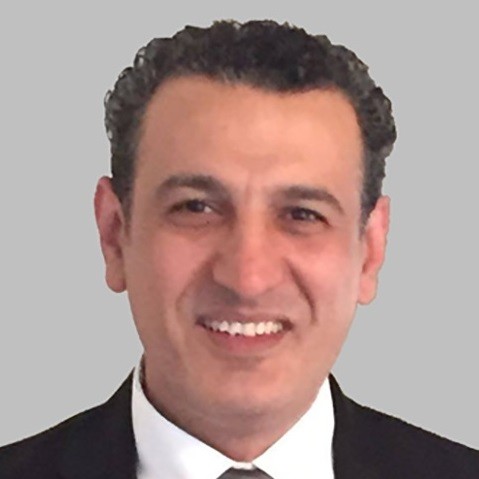Rami Namas, MD
Dr. Rami Namas is an Assistant Professor, Department of Surgery, University of Pittsburgh. Prior to this appointment, he was a Research Associate and a Postdoctoral Fellow in the Department of Surgery as well as a Postdoctoral Fellow in the Department of Critical Care Medicine.
Dr. Namas attended University of Oxford, Oxford, United Kingdom, where he completed his undergraduate studies in Human Biology and English/Arabic Translation. He obtained a Bachelor Degree in Medicine and Surgery from the Al-Fateh University, School of Medicine, Tripoli, Libya, followed by a 1-year rotational internship. Following completion of his 5-year surgical residency program in Libya, Dr. Namas acquired the Membership of Royal College of Surgeons in Glasgow, United Kingdom. Dr. Namas held numerous medical positions (General Surgeon, Trauma registrar, Onsite and Offshore physician) in Tripoli, Libya.
Dr. Namas is a member of various professional organizations, including the Shock Society, the Royal College of Surgery, the General Medical Council (United Kingdom), and the Libyan General Medical Council. Dr. Namas serves as an editorial member on Journal of Emergency Medicine, Trauma & Surgical Care, International Journal of Surgery and Research (IJSR), Journal of Stem Cell Research and Regenerative Medicine, International Journal of Stem Cell Research and Transplantation (IJST), and Molecular Cytotherapy. He is also a referee reviewer for Science Translational Medicine, Journal of Clinical Monitoring and Computing, Journal of Critical Care, American Journal of Respiratory and Critical Care Medicine, Molecular Immunology, and Wound Repair and Regeneration.
Dr. Namas’ long-term research goals are to obtain high-dimensional, dynamic data on the etiology and progression of various inflammatory processes and diseases in samples derived from cells, animals, and human individuals; to create computational models based on these data; and, to modulate the inflammatory response in an optimal spatial, temporal, and individual- disease-specific manner. More specifically, his research interests have focused on:
- Mechanisms regulating trauma-induced inflammation coupled with computational data-driven modeling to gain insights into the dynamics of the inflammatory response in human blunt trauma patients
- Novel class of biohybrid devices for regulating inflammation that target Tumor Necrosis Factor-α (TNF-α) through delivery of a protein antagonist (sTNFR) via genetically modified human hepatocytes
- Systems biology and mathematical modeling of inflammation and wound healing in various disease states, especially infection, trauma, and hemorrhage, and the application of these computational approaches to regenerative medicine and rational drug/device design
View a list of Dr. Namas’ publications here.

